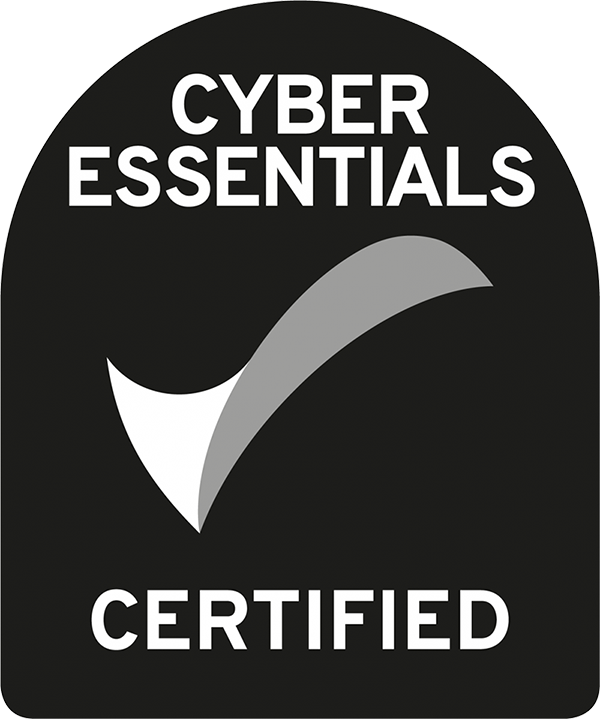Ransomware is a type of malicious software that encrypts a victim’s files and demands a ransom payment in exchange for the decryption key. This type of attack can cause significant damage to businesses, including loss of critical data, downtime, and reputational damage. Therefore, it is essential for businesses to take necessary precautions to protect themselves from ransomware attacks. In this blog, we will discuss 20 points on how businesses can protect themselves from ransomware and how Elated Consulting can help.
- Back up your data regularly: Regular backups of your critical data are essential in case of a ransomware attack. It will allow you to restore your data without having to pay the ransom.
- Keep your software up to date: Software vulnerabilities can be exploited by cybercriminals to spread ransomware. Keeping your software up to date can help prevent these types of attacks.
- Use anti-malware software: Installing and regularly updating anti-malware software can help detect and prevent ransomware attacks.
- Train your employees: Educating your employees on how to recognize and avoid phishing emails and suspicious links can help prevent ransomware attacks.
- Limit user privileges: Limiting user privileges can help prevent ransomware from spreading throughout your network.
- Use a firewall: Using a firewall can help prevent ransomware from infiltrating your network.
- Implement access controls: Implementing access controls, such as two-factor authentication, can help prevent unauthorized access to your network.
- Use email filters: Implementing email filters can help prevent phishing emails, which are often used to spread ransomware.
- Monitor network activity: Monitoring network activity can help detect and prevent ransomware attacks.
- Use intrusion detection systems: Implementing an intrusion detection system can help detect and prevent ransomware attacks.
- Implement a disaster recovery plan: Implementing a disaster recovery plan can help minimize the impact of a ransomware attack.
- Test your disaster recovery plan: Regularly testing your disaster recovery plan can help ensure it will be effective in case of a ransomware attack.
- Develop an incident response plan: Developing an incident response plan can help minimize the impact of a ransomware attack and help you respond quickly and effectively.
- Monitor backups: Regularly monitoring backups can help ensure they are functioning correctly and can be used to restore data in case of a ransomware attack.
- Segment your network: Segmenting your network can help contain the spread of ransomware.
- Use encryption: Using encryption can help protect your data in case of a ransomware attack.
- Conduct vulnerability assessments: Conducting vulnerability assessments can help identify and remediate weaknesses in your network that could be exploited by ransomware.
- Develop a patch management strategy: Developing a patch management strategy can help ensure software vulnerabilities are addressed in a timely manner.
- Implement a data loss prevention strategy: Implementing a data loss prevention strategy can help prevent the loss of critical data in case of a ransomware attack.
- Consult with a cybersecurity expert: Consulting with a cybersecurity expert, such as Elated Consulting, can help ensure your organization is taking necessary precautions to protect against ransomware attacks.
Conclusion:
Ransomware attacks are becoming increasingly common, and businesses must take necessary precautions to protect themselves. By following the above 20 points, businesses can significantly reduce their risk of falling victim to a ransomware attack. It is also important to work with a trusted cybersecurity expert like Elated Consulting to ensure your organisation is adequately protected against ransomware and other types of cyber threats.

